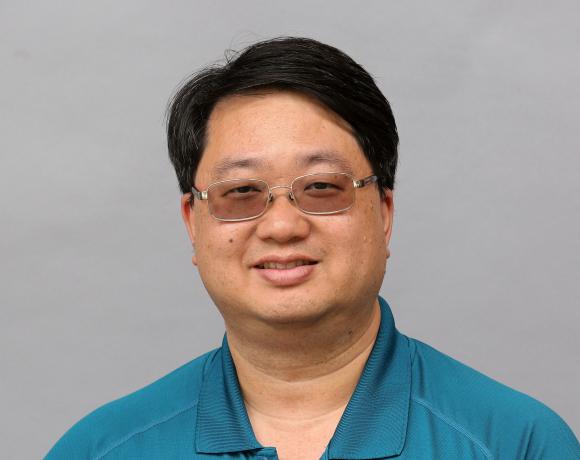Advances in Adoptive Cell Therapy (ACT) - which involves isolation of natural tumor infiltrating T cells (TILs), ex vivo activation and expansion, and then re-delivery to the patient – has proven successful for some patients. While the antigens mediating TIL reactivity remain largely unknown, examples of T cells that respond to single amino acid changes originating from somatic tumor mutations have been described. These types of neoantigens, when originating from common recurrent tumor mutations, could be broadly useful ACT targets. KRAS codon 12 mutations are the most common recurrent point mutations in human cancers and account for more than 90% of all pancreatic ductal adenocarcinomas (PDACs). Given the predominance of these KRAS mutations, and their potential immunogenicity from previous studies, we carried out an analysis of The Cancer Genome Atlas (TCGA) data to explore the frequency of predicted immunogenic mutant KRAS epitopes and their HLA restriction patterns. We identified HLA allele A*02:01 as the most common restricted allele for the predominant KRAS aa 5-14 epitopes.
Previous studies have tested MHC presentation of synthetic mutant KRAS peptides, however there has been no demonstration of the natural presentation of mutant KRAS peptides. To model KRAS mutant epitope presentation, we used PANC-1 cells, which are hemizygous for the KRAS G12D mutation and are HLA-A*02:01 positive, were examined using weak acid elution and Mass Spectroscopy-Multiple Reaction Monitoring (MS-MRM). We identified approximately 1201 copies of the mutant G12D peptide (KLVVVGADGV) per cell, compared to 10839 copies of the wild-type peptide (KLVVVGAGGV).
We propose to activate and expand T cells from PDAC patient peripheral blood, and isolate mutation-reactive cytolytic T-cell clones for subsequent ACT, as a secondary therapy after primary treatment, to prevent recurrence. Our approach leverages the mutation specificity of PDACs and the convenience of peripheral blood as a source of diverse, viable and non-exhausted cytolytic T cells.
Post Doc - Leukemia/Gene Therapy, Terry Fox Laboratories/BC Cancer Agency, 2014
Post Doc - Gene Therapy/Virology, Children's Hospital/Harvard University, 2004
Ph.D. - Molecular Genetics/Virology, Albert Einstein College of Medicine, 2003
B.Sc. - Biochemistry, University of British Columbia, 1993
